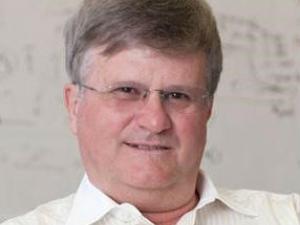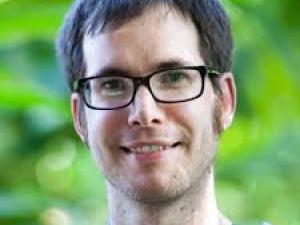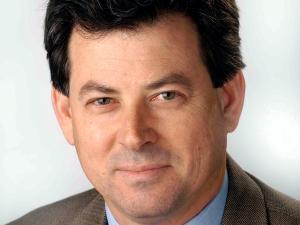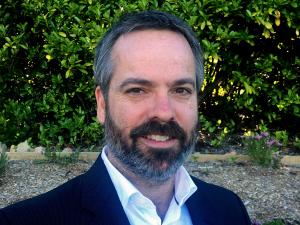Theoretical High Energy Physics
It is an exciting time to be a physicist with the apparent recent discovery of the Higgs Boson as predicted by the Standard Model and with being on the verge of discovering a rich landscape of new physics Beyond the Standard Model (BSM).
Despite its success at explaining an enormously wide range of known physical phenomena, the current Standard Model describes only the behaviour of ordinary matter, which is a mere 4.6% of the universe’s total mass-energy content! Dark Matter accounts for around 23% and Dark Energy accounts for the remaining 72% of the universe's mass-energy.
Evidence from gravitational lensing, galactic rotation curves and the cosmic microwave background radiation strongly suggests that approximately 23% of the universe’s mass-energy and 83% of the mass is comprised of the mysterious quantity known as Dark Matter. There are many searches underway to probe the nature of this Dark Matter, both directly and indirectly, including cryogenic detectors buried deep beneath the ground.
In addition to the mysteries of Dark Matter and Dark Energy, there are extremely compelling reasons to believe that the Standard Model is not the complete story and that it must inevitably be extended to include BSM. The apparent unification of the electromagnetic, weak and strong forces at the scale of 10^16 GeV strongly argues for the existence of so-called Grand Unified Theories (GUTs), which include all three in a single unified model. In addition, the quantum effects of gravity can no longer be ignored at scales of 10^19 GeV (the Planck scale) and at such a scale we need to build a Theory of Everything that includes gravity.
The available projects include supersymmetry (SUSY), GUTs, dark matter, extra-dimensional models, composite Higgs models, and scale invariant theories.
Projects will typically involve one of more of these concepts. The projects will involve building and studying predictions of models of BSM physics and will be most suited to students with either a theoretical interest or a combined theoretical plus computational interest.
The research activities of the High Energy Physics (HEP) group in the Department of Physics are largely carried out under the umbrella of the ARC Centre of Excellence for Particle Physics at the Terascale (CoEPP) of which Adelaide is one of four nodes (University of Adelaide, University of Melbourne, Monash University and the University of Sydney).
- Anthony Thomas | Martin White | Anthony Williams | Ross Young
- Research area: High-energy physics
- Recommended honours enrolment: Honours in Physics




